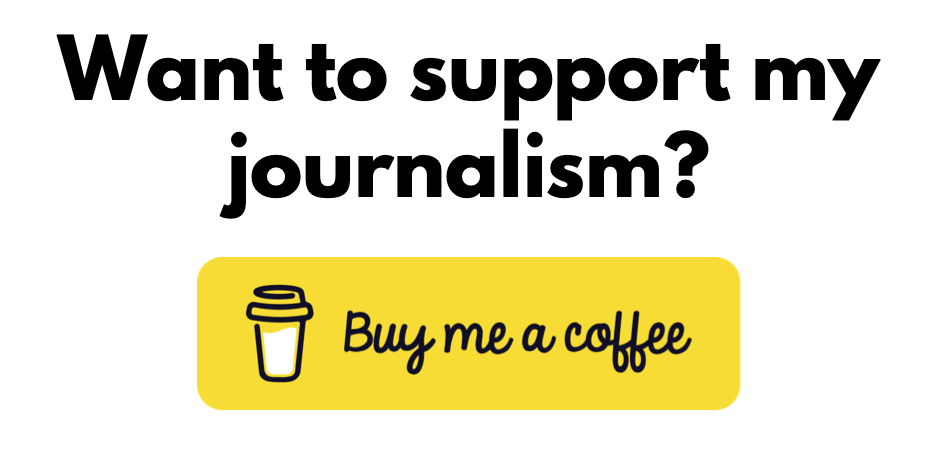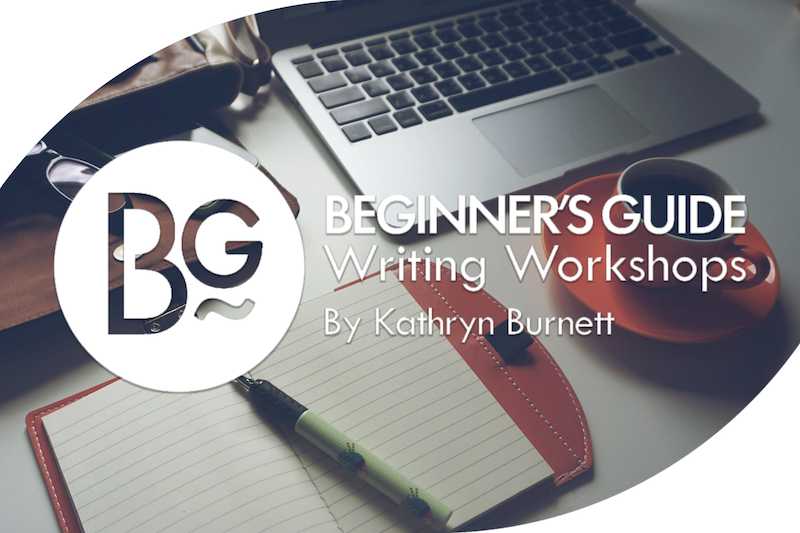Like other residents of Auckland, New Zealand, I’ve been in home detention for over two months because of the insidious delta variant of Covid-19. This state-imposed incarceration isn’t too bad. I’m allowed to leave the house without an ankle bracelet whenever I want to, so long as I don’t go too far from home, or engage in social contact with strangers. I do have to cover my face with a mask if I go on a bus, and the powers-that-be have asked me to wear a face-covering whenever I’m out and about and likely to encounter other people.
So I comply with the regulations.
It’s funny though because I’ve noticed that some of the rules are not necessarily policed. The other day, I went for a walk along a well-known street in one of Auckland’s more salubrious inner suburbs and I noticed probably 90% of people without masks.
Perhaps they don’t see the virus as much of a threat because, hopefully, they are vaccinated, or the virus is more likely to be transmitted indoors than outdoors, or perhaps they just think it won’t affect them.
We’ve been fortunate in many regards in the country. Early and decisive action by our government meant we avoided some of the worst aspects of the disease for quite some time.
All that changed on August 17th 2021 when a single case of the delta variant made our government throw us back into level four home detention. They did so because delta has caused chaos and death in all the countries it’s gained a foothold.
Recently I’ve asked myself did our government get it wrong with its elimination strategy and subsequent decisions?
Mostly, no, I think the strategy to ‘go hard, go early,’ was the right one at the time. If the virus had taken hold early in Aotearoa, it may well have led to thousands of deaths and risked overrunning our stretched emergency hospital system.
While the lockdowns of 2020 were damaging to many businesses, government financial support and quick suppression of the virus meant much economic loss was mitigated. Note I use the word ‘much,’ – many people in this country continue to suffer from the economic effects of lockdowns, but it could have been so much worse. The generous and quick stimulation efforts saved a lot of people.
In hindsight though, opening the bubble between Australia and New Zealand while delta was active in our neighbour was probably a mistake.
It also might have been prudent to begin a vaccine rollout sooner, but there are complex reasons why this did not happen.
Overall, the government has done us proud, but their management has not been flawless. Neither I’m afraid to say has the behaviour of some of our citizens.
While most of us have done the right thing, the actions of others have been downright disgusting. A rich couple fleeing to Queenstown comes to mind. But there are also those who are deliberately spreading false information about the science and safety of vaccinations.
When talking about his issue we need to separate out those people who have genuine concerns about the vaccines, and those who are deliberately peddling lies about them.
It is natural to be anxious about any medical treatment. Prior to my vaccinations, I had some nervousness. Logically, I knew the virus was safe, but I had read reliable news reports saying that there were side effects. I also don’t particularly like having metal shoved into my skin. But after a lifetime of getting various injections and having blood samples taken, I know that those procedures are relatively painless, and it is rather a psychological fear of it that’s at the centre of any anxiousness for me. What’s more, I know the benefits of those procedures vastly outweigh the anxiety I feel, and the procedure itself is over in seconds.
I wonder if some of the people resistant to getting their jabs are seeking out fake news around vaccination because of some unconscious primal fear.
For centuries, we’ve been taking pills or other medicines by mouth – it feels natural doesn’t it? From medicinal herbal teas to powdered rhino horn, it all goes down our gullets.
But injections are different. They pierce the flesh. Throughout most of our species time on the planet, the only things that do that are things like arrowheads, bullets, knives, claws and teeth. You could argue we’ve been tattooing ourselves for thousands of years, but that traditionally involved rituals and lots of peer support.
So maybe the thought of having a piece of metal pierce the skin and inject something foreign into our body brings up a survival instinct that isn’t logical but could be very visceral for many people. We tend to think of our immune system as being a bunch of processes, chemicals, and microscopic entities that help repel ‘foreign’ invaders in our bodies, but maybe our instinctive thoughts and behaviours are part of our immune system too.
If that’s true then it’s a very easy thing for people to exploit those unconscious fears.
But the reality is, we’ve been doing vaccination or inoculation for a few hundred years now, and millions of lives have been saved because of it. There is also a logical part of our brain, and we should be able to use that to help us in decisions about our health.
When I had my first covid jab in August this year, I thought the nurse had slightly scratched my arm with her fingernail. The next thing I knew, she was putting a plaster on the site and asking me to go to the waiting area. It was over before I had time to react. On my second visit, I didn’t feel anything at all.
I have no anxiety now about a booster shot, which I am sure will be needed need at some point in the future.
So where to from here?
Well, everyone who can have the vaccine without compromising their health should have the recommended doses. And basically, that means virtually everyone over the age of 12 because the number of people who have genuine health reasons not to have a shot is minuscule.
All of us have a duty of care to one another. Our government cannot control our behaviour all of the time, and the virus will exploit any means it can to spread.
We need to empathise with those who are nervous, crackdown on people spreading lies, and delicense doctors who don’t believe in vaccinations.
We need to bring in vaccine passes, but also have a robust process to ensure the vulnerable in our society who cannot be reached easily can get access to health care. I say this because my experience of the vaccination process was easy and straightforward. I got an email linking me to the booking site. I got text reminders, and a vaccination centre was within easy walking distance of my home.
But not everyone has a computer or even a cellphone. The homeless, and many people living in poverty cant access the system as easily, and many of our minority communities are distrustful of government-run systems because of a history of institutional racism.
As we learn to deal with covid, we need to make sure that being kind to everyone means just that.




